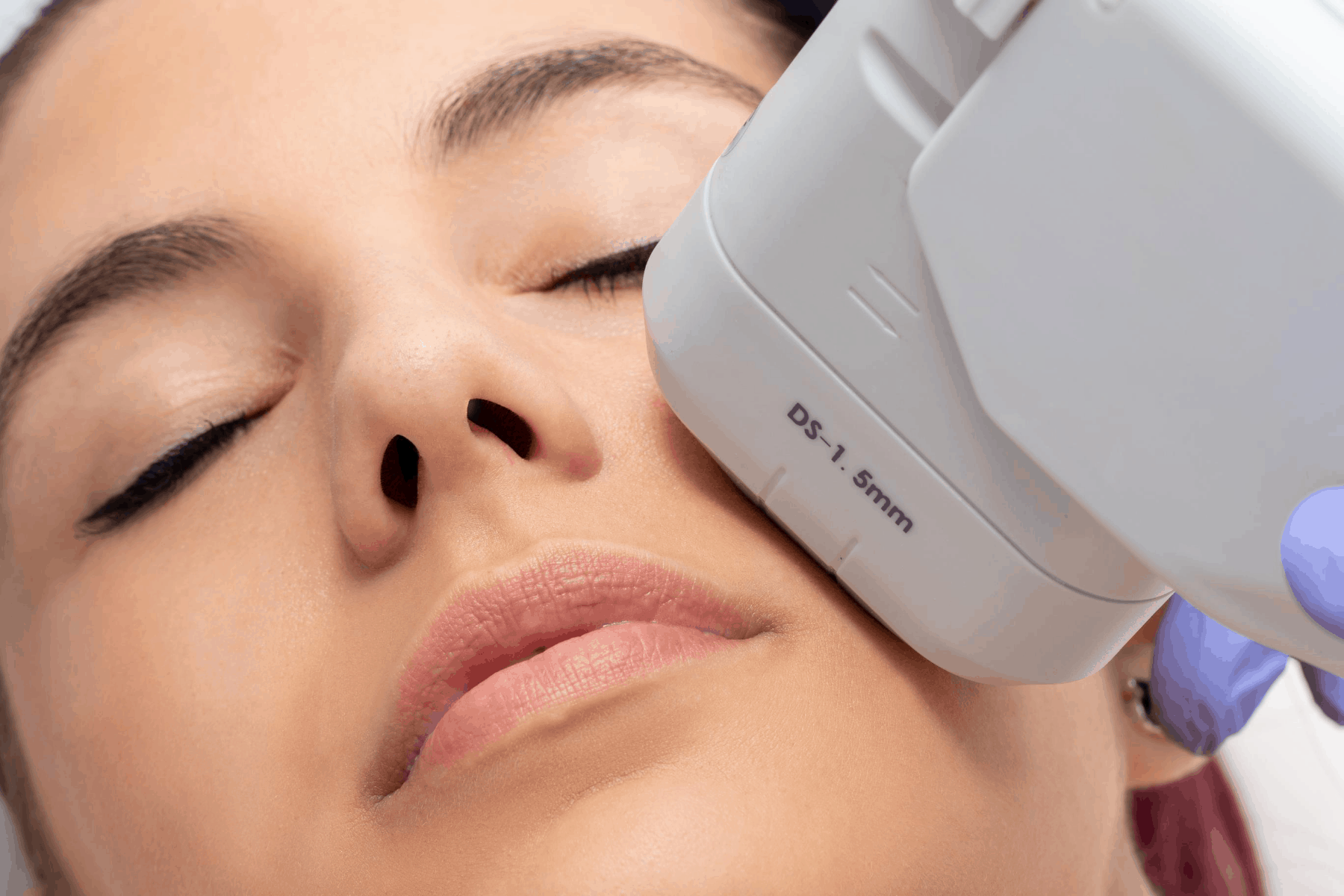
September 5, 2024
Handling The Psychological Effect Of Urinary Incontinence: Techniques For Health And Support
Living With Urinary Incontinence: What Are My Choices?: Urology Facility Of Florida: Urologists Incontinence anxiousness is a condition that a person can create, as a perception of possible bladder leaks in social scenarios or previous experiences with urinary incontinence. If you are experiencing urinary incontinence, you can utilize our grown-up nappies to help you handle your signs and symptoms. Although not life-threatening, it can substantially impact every aspect of a person's life-- from social and family members connections, job, financial resources, emotional wellness and sexual health and wellness. An evaluation makes sure that underlying conditions contributing to urinary incontinence are determined and properly resolved. For those seeking to manage the effect of urinary incontinence on their connections, it is necessary to take into consideration using specialized items such as urinary incontinence underclothing. While not a remedy to the underlying problem, these products can give a sense of security and discretion, allowing for more relaxed and certain intimate moments.On Our Social Accounts
It’s time to recognize the damage of childbirth, doctors and mothers say - PBS NewsHour
It’s time to recognize the damage of childbirth, doctors and mothers say.
Posted: Fri, 07 May 2021 07:00:00 GMT [source]

Social Seclusion And Minimized Quality Of Life
Relentless distress can have a significant impact on individuals' psychological health and total health, highlighting the relevance of attending to the psychological effects of urinary incontinence. By seeking specialist aid and engaging in tailored treatment plans, individuals can properly handle the physical and emotional elements of the condition, boosting their quality of life and mental health and wellness outcomes. Identifying the interconnected nature of incontinence and psychological distress is essential in creating alternative care methods that support people in browsing the challenges they face. Justifying incontinence by societal approval that it is sex Aqualyx consultation related an inevitable consequence of having infants, heavy work and age, might make the stigma manageable and convenience people' capability to cope with the signs.- While the trip to rebuild self-confidence is individual and special, these actions can act as a foundation for females to restore their self-assuredness and improve their lifestyle.
- For ladies dealing with stress and anxiety urinary incontinence, the effect extends far beyond the realm of physical signs and symptoms, impacting every facet of their lives.
- Physical treatment can help resolve these problems by enhancing the muscle mass and boosting blood circulation to the location.
Will stress urinary incontinence vanish?
Signs and symptoms most often get better with nonsurgical therapies. Nonetheless, they will not cure stress and anxiety incontinence. Surgical treatment can heal most individuals of anxiety urinary incontinence.

Social Links